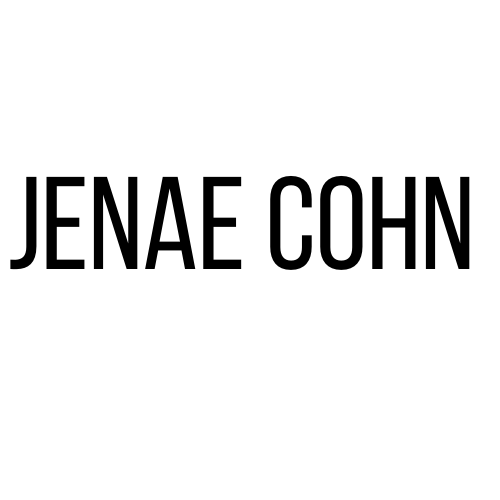Over lunch today, I got into a conversation with several of my colleagues here at the institute about teaching and improvisation. One person brought up the popular improv game, “yes, and…” where the actors involved never say “no” to any idea. They roll with whatever comes next, refusing to shut down a new direction, but saying “yes” to whatever happens and just seeing what comes of that decision in their performance.
A lot of writers and writing teachers use a “yes, and…” framework to encourage effective brainstorming. This approach makes a lot of sense, as in the burgeoning stages of a project, it is important to get everything possible down on paper as you can. Writing is expressed thought, of course, so stopping yourself from letting those thoughts flow is a pretty good impediment to getting anything done. Saying “yes, and…” to yourself is a way of seeing just how far an idea can lead you and just how well-developed an idea can get.
Sounds enticing, doesn’t it? Indeed, the “yes, and…” framework is fruitful yet deceptively simple. It’s easy enough in theory to say “don’t say no to anything,” but in practice, rolling along with any one idea into something else is immensely uncomfortable (at least for me). For those of you reading this who know me well, it should come as no great surprise that I am a tremendous planner. I am much more at ease when I know where I’m going, what I’m doing, and why I’m doing what I’m doing. While I love to write, it is often a struggle for me because the first stages of a writing project often involve not really knowing what you’re doing or where your thoughts are going to go. Starting a project necessarily requires a writer to take a plunge into a new idea and say, “Well, I think this is what I want to say, and I’m going to get everything that I can down now, but who knows where it will end?” The editing process basically can wipe out any traces of an original plan anyway. The “not knowing” can be thrilling, but it is often to me the most stressful part of the writing process. It is often a reason I don’t write at all. I’m working on that (hence, daily blog posts and all).
To that end, I’ve realized that one big reason I’ve often struggled at this institute with particular activities, especially around creating book objects and experimenting with form, is that I often start them without really knowing where I’m going or what I’m doing. Sure, there’s an objective in mind to create a product, but my critical, planning brain immediately turns on to say, “Why?” If I don’t see a purpose, I lose all of my motivation, even though I know intellectually that purposeless projects can turn into purposeful ones pretty quickly. Yet I am often so adrift in the anxiety of not knowing, and can so easily wipe away that anxiety with a simple “no, I won’t do this without a plan,” that I can leave myself frustrated and without much to show for it.
I’m not being completely fair to myself here: I have been reflective on everything I’ve participated in thus far, and when it has come to my own writing process at this institute and my own personal goals for what I want to produce by the time I’ll finish my work here, I feel quite a bit of clarity. And yet, it has been something of a minor revelation to understand that I impinge upon my own learning often enough by putting restrictions around myself because those restrictions feel safe to me.
So, throughout this institute, I’ve been trying to let ideas flow, messy and unformed, crazy and intense. I write with multiple exclamation points, a million hyphens, and tons of misspellings. I still will allow myself to flit to outside websites here and there while I work – I’m not in intense isolation creativity zone – but I’m allowing myself to play.
“Yes, Jenae, you have that idea, and…?”
“Yes, Jenae, you’re thinking of this story, and…?”
“Yes, Jenae, you’re stuck on a certain point, and…?”
These feelings are ones that I often talk to my own writing students myself and I don’t practice them enough. Because I’m scared. And I know that much of the work of wrangling my ideas is still way, way ahead of me in the distance. Editing, curating, wrangling these ideas are where this work is going to hurt. But I’m pushing past a major obstacle of my writing: myself. And I’m grateful for the creative work I’m doing here to remind me of the room for mistakes, the room for creative expression, and the room for play. I will have plenty of opportunities to be critical moving forward, so why not take advantage of the time to play right now?

Love this Janae, very much Identify with what you are expressing here, and appreciate your clarity.
Thank you! It’s always good to know that one is not alone in these endeavors and feelings! 🙂